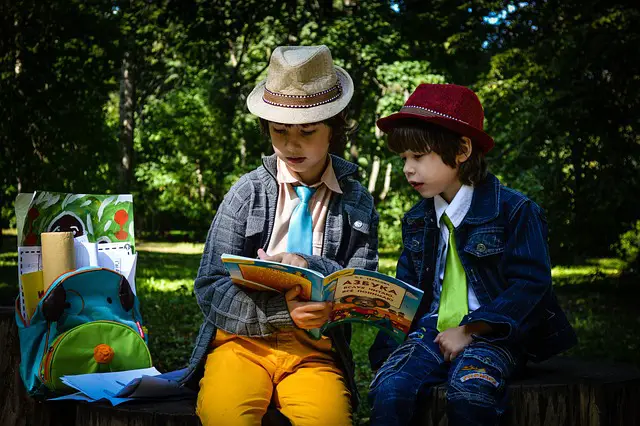Fostering Early Development: Implementing an Enhanced Psychological Approach in Nursery Schools
Page Contents
Introduction
Nursery schools play a fundamental role in laying the groundwork for a child’s lifelong learning journey. These formative years are a critical period for shaping a child’s cognitive, emotional, and social development. Employing an enhanced psychological approach in nursery education is pivotal in creating a supportive and enriching environment that nurtures the holistic growth of young children.

Nursery schools should prioritize language-rich environments. Engaging children in conversations, storytelling, reading, basic dancing and singing fosters language acquisition, literacy skills, and cognitive development. Outdoors learning educate kids to process growth mindset.
Understanding the Nursery Experience
Nursery-aged children, typically between the ages of 2 and 5, are in a phase characterized by rapid brain development, curiosity, and exploration. Their experiences during this period significantly impact their cognitive abilities, emotional regulation, and social interactions, setting the stage for future learning.
7 Components of an Enhanced Psychological Approach
- Emotional Regulation and Social Skills: Teaching emotional awareness and regulation at an early age is crucial. Nursery schools can focus on activities that help children recognize and express emotions, share, take turns, and resolve conflicts peacefully. These skills lay a foundation for healthy social interactions and empathy.
- Play-Based Learning: Play is central to early childhood development. Incorporating structured and unstructured play activities stimulates creativity, problem-solving, and critical thinking. It allows children to explore their interests, build relationships, and develop essential motor skills.
- Attachment and Secure Relationships: Establishing a secure attachment between children and caregivers is paramount. Nurture-based approaches, where caregivers are responsive, warm, and supportive, create a safe environment where children feel comfortable exploring and learning.
- Language Development: Nursery schools should prioritize language-rich environments. Engaging children in conversations, storytelling, reading, basic dancing and singing fosters language acquisition, literacy skills, and cognitive development. Outdoors learning educate kids to process growth mindset.
- Sensory Stimulation: Providing sensory experiences through activities that engage touch, sight, smell, taste, and hearing enhances children’s sensory processing and cognitive development. Sensory play with different textures, colors, and materials stimulates their senses and creativity.
- Inclusion and Diversity: Celebrating diversity and fostering an inclusive environment is crucial. Introducing children to diverse cultures, traditions, and experiences promotes acceptance, understanding, and respect for differences.
- Family Engagement: Collaboration between nursery schools and families is vital. Involving parents in their child’s learning journey through open communication, workshops, and family events strengthens the support system and extends learning beyond the classroom.
Implementing the Approach in Nursery Settings
An integrated approach that weaves these components into daily routines, activities, and the physical environment of nursery schools is essential. Incorporating play areas, sensory corners, diverse materials, and opportunities for exploration allows children to learn through hands-on experiences.
Conclusion
An enhanced psychological approach in nursery schools focuses on fostering a nurturing and stimulating environment that supports young children’s overall development. By emphasizing emotional regulation, social skills, play-based learning, language development, inclusivity, and family engagement, nursery schools can provide a solid foundation for children to flourish academically, emotionally, and socially as they progress through their educational journey.







